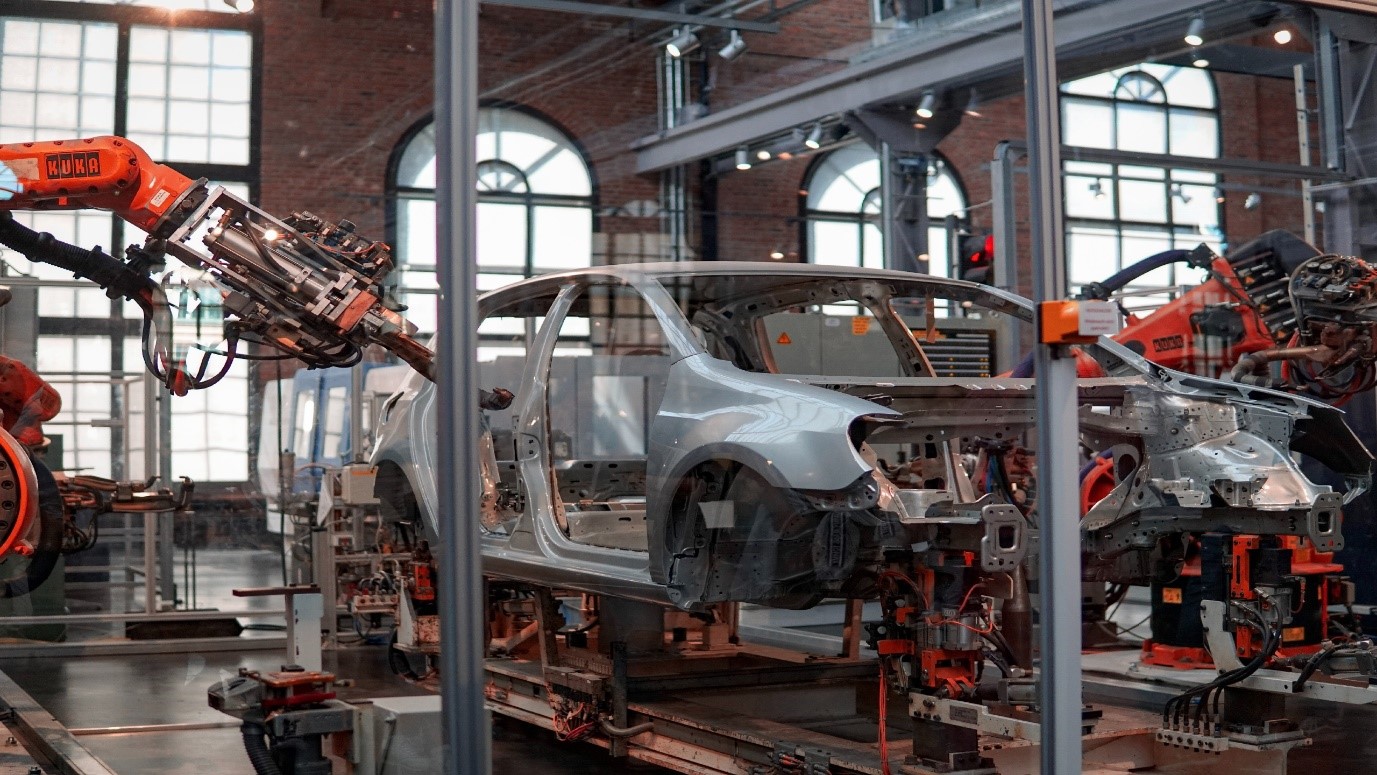

August 27, 2021: -U.K. car production plummeted to a new low in the previous month, marking the worst performance for the industry in July since 1956, according to a trade group.
On Thursday, the Society of Motor Manufacturers and Traders said that U.K. manufacturers built just 53,438 vehicles in July, which marks a 37.6% drop in July 2020.
A global semiconductor shortage, factory shutdowns, and worker absences between the ongoing coronavirus pandemic all contributed to the decline,
says SMMT.
Mike Hawes, SMMT Chief Executive, said that the figures “lay bare the callous conditions U.K. car manufacturers continue to face.”
“While the impact of the ‘pandemic will lessen as self-isolation rules change, the worldwide shortage of semiconductors shows signs of abating,” Hawes said.
The so-called “pandemic” referred to people receiving notifications on their phones telling them to self-isolate for several days if they came into contact with someone who tested positive for Covid-19.
New vehicles have dozens of microchips to control everything from power steering and car stereos to acceleration and electric windows.
The U.K. is making more electric cars, which have significantly more chips than ever before.
In July, approximately 26% of the cars built by U.K. manufacturers were either battery-electric, plug-in hybrid, or hybrid electric, SMMT said, adding that this is a new record. It said U.K. car factories have turned out 126,757 of these products since the start of the year.
Several car manufacturers canceled semiconductor orders at the start of the pandemic because they were concerned about a drop in sales. But when sales recovered faster than expected, the car giants found themselves at the end of the line for chips.
Sweden’s Volvo, Germany’s Volkswagen, and Japan’s Toyota all announced this week that they would have to reduce production further if there is no urgent solution to the chip crisis.
German technology and engineering group Bosch, the world’s largest car parts supplier, told CNBC this week that semiconductor supply chains in the automotive industry are no longer fit for purpose.








© THE CEO PUBLICATION 2021 | All rights reserved. Terms and condition | Privacy and Policy